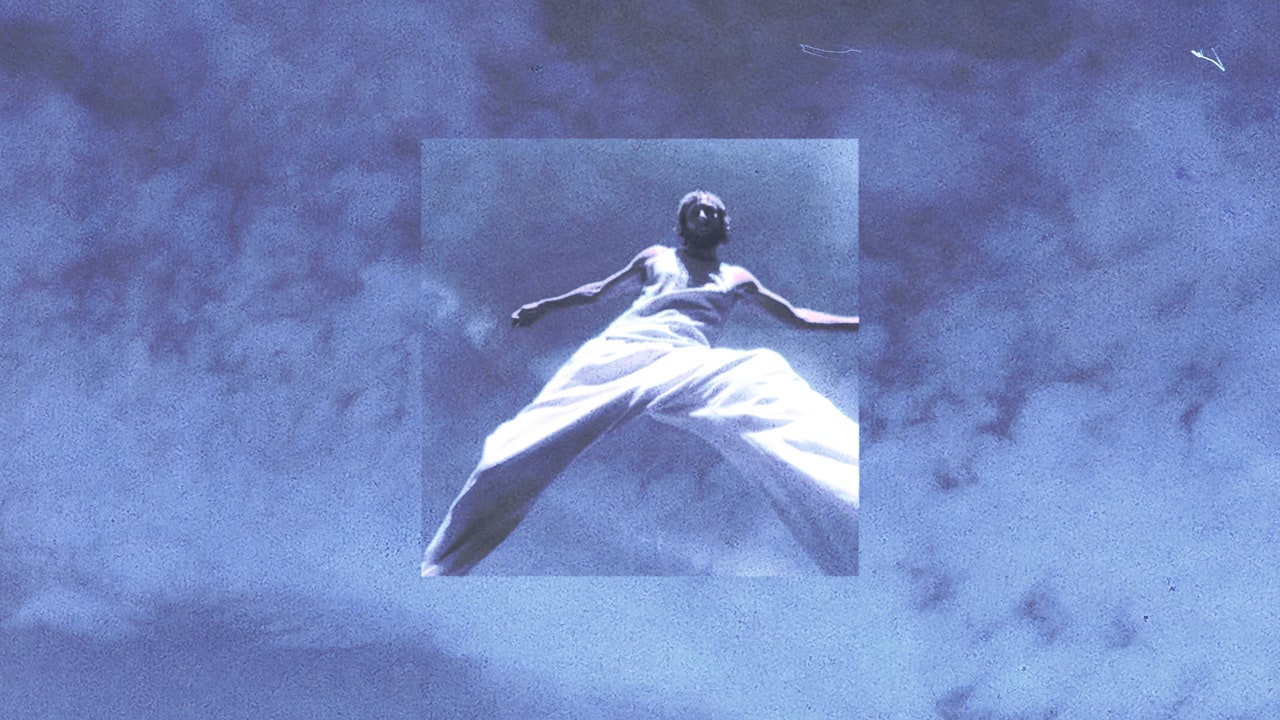Jack J likes to create a vibe only to harsh it. The Australian Canadian producer debuted in the mid-2010s with two acclaimed singles of sumptuous deep house that brought critical attention to Vancouver’s fertile electronic scene and the Mood Hut collective he cofounded. But his two full-lengths have been marked by reduced song lengths and startlingly morose lyrics, delivered in a voice whose untrained reediness only makes his delivery feel that much more urgent. In 2022, Opening the Door cast him as an indie-rock sad sack not too far removed from fellow Canadian Mac DeMarco, but his new album Blue Desert embraces a range of vintage references, from sleek new wave to ’90s chillout and diva house. The draggy sultriness of it all makes the contrast with his lyrics even more jarring: a space-age equivalent of Adam Sandler in The Wedding Singer, exorcizing his deepest feelings through cocktail music.
The lyrics point to a traumatic breakup, but with Jutson you can never be sure. He’s notoriously press-shy—that’s most likely him on the cover, looking like a cross between Lawrence of Arabia and a cult leader in billowing white pantaloons—so it’s hard to tell how seriously to take his on-record pleas. (His most detailed interview thus far, with Shawn Reynaldo’s First Floor newsletter, reticently touched on a “hard time” in his life but didn’t go into much detail.) Combine that with the downtempo slant of the music and you’ve got a recipe for almost unbearable passive aggression. He seduces you into underestimating his music by setting the tempo at a simmer and the vibes at couchlock. Then he makes clear that all is not well—that there’s something deeper going on, that maybe you can’t just write this off as another rose-tinted pastiche.
Blue Desert is a compact listen; it’s over in the time it takes to get through roughly three listens of Jutson’s most beloved track, 2014’s “Something (On My Mind).” Few songs surpass four minutes, and some seem to end or fade out one chorus earlier than they should. He seems to toggle to the next idea as soon as he thinks of it. You get the sense of a disordered mind—of a person whose thoughts are burning too hot and too fast to be able to sink into a groove like the “Show Me Love” organ house of “Wrong Again,” the monster Andrew Weatherall lope of “Down the Line,” or the ambient, almost Knife-like keyboard creepiness of the “Pink Shoes” diptych. Fans who came to Jack J’s early work for its unhurried pace and lackadaisical tone may find the experience of listening to Blue Desert jarring, but had it been allowed to run longer, it might have been a bit too easy for the listener to zone out.
